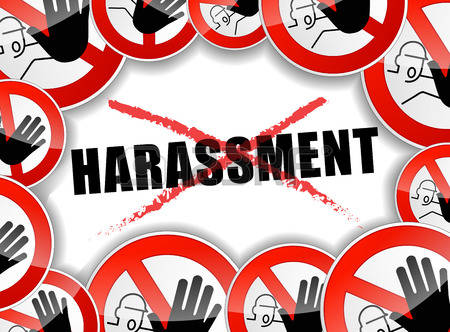| Every day it seems we hear about a new powerful man (so far they’ve all been men) accused of sexual harassment or sexual assault – sometimes from decades ago. Among the common rumblings I’ve heard about these allegations are questions concerning why victims don’t confront their harassers when the events occur. When we conduct training on these issues with groups or with one-on-one sensitivity sessions, people frequently ask: “why didn’t the victim come to me?”
“The most common reasons are that they’re afraid they won’t be believed and/or afraid of retaliation.”
In my experience, there are a number of reasons:
- Embarrassment;

- Afraid people will not believe them;
- Wondering if they did something wrong;
- Fear of retaliation;
- Fear for their personal safety;
- Fear of being laughed at;
- Don’t want to get the harasser in trouble;
- Fear of their partner/spouse/family finding out;
- Don’t want to be bothered;
- Unaware that it violates the organizations’ policy;
- Fear of negative career effect;
- Fear of being ostracized;
- Cultural restraints; and
- Don’t want the harasser to know they are vulnerable
The most common reasons are that they’re afraid they won’t be believed and/or afraid of retaliation. The chorus of voices joining into the “me too” campaign also raised these reasons.
What Should You Do?
The most important thing that you should do is to create a “complaint friendly” environment. Leaders sometimes suggest that they have enough complaints but trust me, you want to know what’s happening, not have the first notice be a subpoena that lands on your desk.
Second, be a good role model. Make sure that people know that you would never engage in this behavior, nor will you tolerate it in others.
Intervene when you see inappropriate behavior and speak with complainants privately so they feel safe.
 Did You Know Did You Know
In all our sessions on diversity, inclusion and harassment issues we focus on how to intervene and
how to create a “complaint friendly” environment.
Call or write us at: 303-216-1020 or Lynne@workplacesthatwork.com
Learn more about our training offerings and check out our team members at:
Be sure to read Lynne’s book on sexual harassment.

|